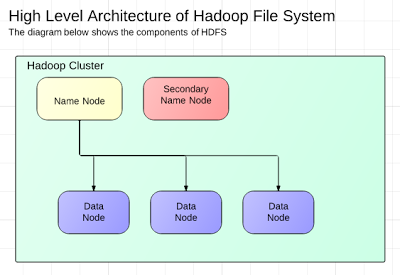As Java Programmer, "Where has C# been when I was programming In Java "?
As a certified Java programmer I have been living in the Object world maintaining my states, favoring composition over inheritance and using design patterns until multicore CPU's came into the market. You maybe asking why did multicore cpus disrupt my object oriented world? Here is why - It's time to get good at functional programming . The main thing in the article is the parallelism of functional programming to take advantage of those multi core cpus. Variables and data in functions will not have the side effects (deadlocks, race conditions) that we see in an object oriented language like java because functions only depends on inputs and not on any global state (translation - they only have local variables which is always thread safe). So how does this relate to C# ? Well the designers of the C# language was heavily influenced by Haskell (functional programming language. Erik Meijer worked on LINQ in C#). I am liking, favoring and talking about C# beca...
